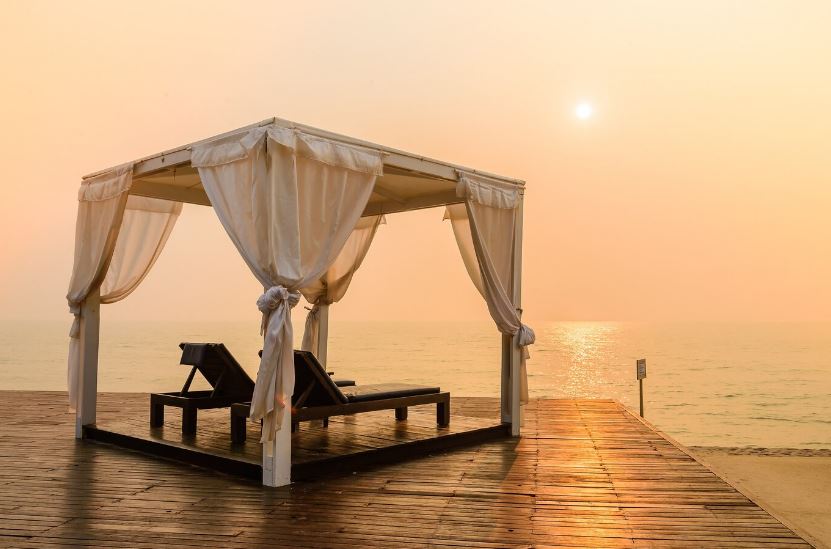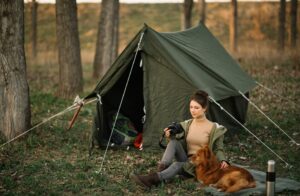A canopy tent can be used for a variety of outdoor activities, including home gatherings, camping trips, and commercial events. But with so many options on the market, choosing the correct canopy can be hard work. To make an informed decision, you must evaluate several factors that may affect the tent’s performance, durability, and compatibility for your unique needs. In this post, we’ll look at the key factors to consider while selecting a canopy for a tent.
Size and Capacity
When shopping for a covered tent, one of the most important factors to consider is its size. Before selecting a size, consider the goal you have for the tent. Do you want to utilize it for family picnics, camping vacations, or large-scale events? Consider how many people or goods will need to be accommodated within the tent.
When comparing size options, seek for tents that offer a lot of inside room while remaining simple to set up and transport. Some tents come in a variety of sizes to meet different needs and provide options for varied events. Consider the tent’s height, particularly if you need standing room or want to hang decorations.
Material and Durability Canopy Tent
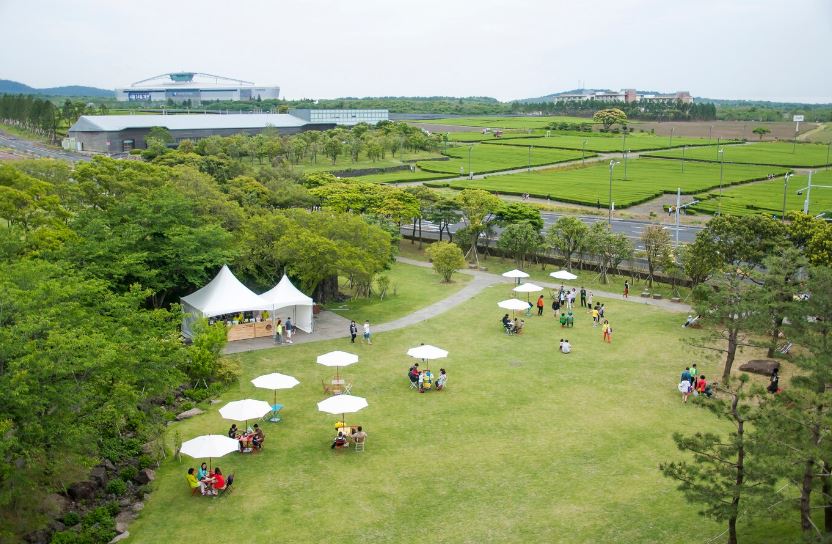
The durability of a tent is largely determined by the materials used in its construction. Look for tents made of durable, weather-resistant fabrics like polyester or polyethylene. These materials should be able to survive exposure to sunlight, wind, rain, and other outside factors without rapidly deteriorating.
Examine the tent’s structural material as well. Aluminum frames are lightweight and rust-resistant, so they are ideal for frequent outdoor use. Steel frames provide additional stability, although they can be heavy and prone to rust if not properly maintained.
Weather Resistance
Whether you’re camping in nature or organizing an outdoor event, you should choose a covered tent that can handle a variety of weather situations. Choose tents with waterproof coatings or treated fabrics to stay dry during rain showers. Look for features such as patched seams and reinforced angles to keep water from leaking through seams and weak spots.
In wind situations, consider tents with solid frames and anchor points to secure the tent to the ground. Some tents additionally include extra sidewalls or wind panels to protect against strong winds.
Setup and Portability
Another key factor is ease of setup, especially if you plan on building the tent regularly or without assistance. Look for tents with simple assembly instructions and convenient design elements like telescoping poles, snap-lock mechanisms, and color-coded components.
Portability is also important, especially if you will be carrying the tent to other sites. Choose a tent that folds down compactly and includes a carrying bag or case for easy storage and transit. Lightweight materials and simplified designs can increase the tent’s portability while maintaining durability.
Ventilation and Airflow
Proper ventilation is critical for maintaining a comfortable climate inside the tent, particularly in hot and humid conditions. Look for tents with mesh panels or vents near the top of the canopy to allow hot air to escape while fresh air circulates.
Some tents additionally have adjustable vents or windows that may be opened or closed to control ventilation according to liking. Good ventilation not only avoids water and stuffiness, but it also improves the air quality within the tent.
UV Protection Canopy Tent
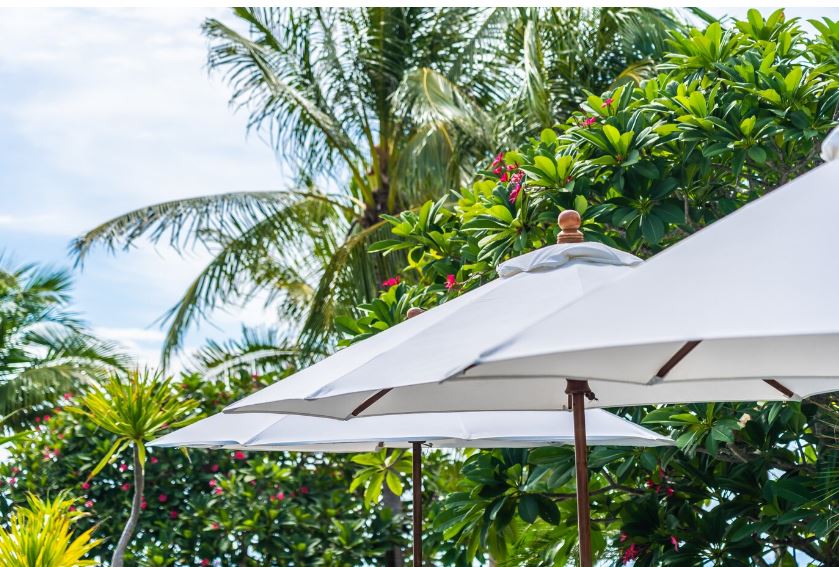
Sunlight’s UV rays can cause sun damage, skin damage, and other health problems. When choosing a canopy tent, consider the level of UV protection to protect yourself and your goods from dangerous sun exposure.
Look for tents with Uv (Ultraviolet Protective Factor) ratings, which indicate how effective the textiles are at blocking UV light. Consider adding sides or curtains to the tent to provide additional shelter from direct sunlight, particularly during peak hours of exposure.
Height and Clearance
The height of the roof of a tent can greatly affect its usability and comfort. larger tents have more room, allowing you to move around within without feeling tight or limited.
Consider the tent’s height clearance when selecting a size, especially if you want to use it for activities that involve standing or walking upright. Also look for adjustable legs or peaks to meet gradients or preferences for different settings.
Frame Design and Stability
A tent’s roof height can have a significant impact on its usability and comfort level. Larger tents have greater space, so you can move around without feeling cramped or constrained.
Consider the tent’s height clearance when choosing a size, especially if you want to use it for activities that require standing or walking upright. Look for movable legs or peaks to accommodate hills or preferences for various settings.
Additional Accessories and Customization Options
Many PVC tents provide alternative accessories and customization options to increase functionality and adaptability. Sidewalls, rain gutters, sunshades, lighting systems, and storage accessories are all possible options.
When selecting tent accessories, consider your specific needs and preferences. Sidewalls, for example, can provide additional privacy and weather protection, and lighting systems can provide atmosphere and improve visibility at evening gatherings.
Price and Value Proposition
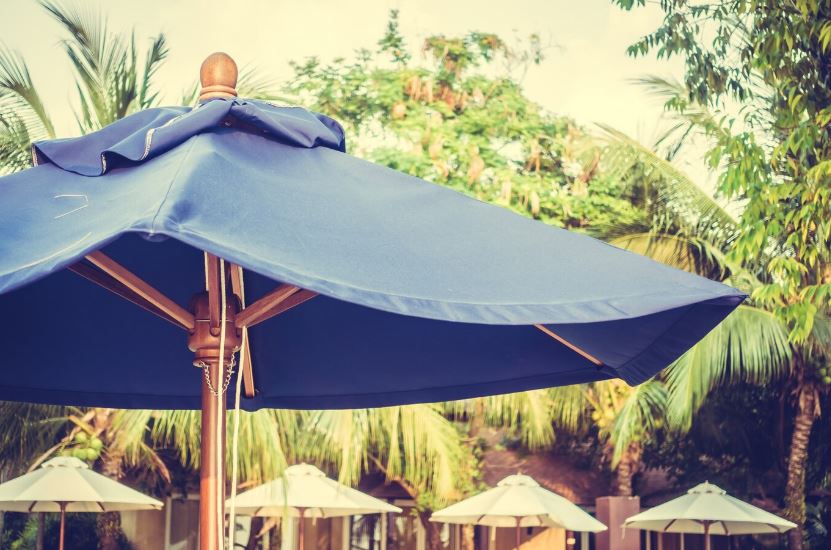
At last, assess how the canopy entire selling point compares to its pricing. While low-cost solutions may appear attractive, prioritizing quality and durability will ensure long-term satisfaction and trust.
Compare features, materials, and customer reviews to find the best value for your money. Note that a higher initial investment may be justified by improved performance, durability, and customer support.
Choosing the proper canopy tent necessitates careful evaluation of numerous characteristics and variables to ensure adaptability, durability, and functionality. By examining your individual requirements, evaluating essential characteristics, and comparing available options, you can make an informed purchase that matches your demands while also improving your outdoor experiences. A well-chosen tent can give comfort whether camping, organizing parties, or seeking shelter from the elements. Protection and enjoyment for many years to come.

